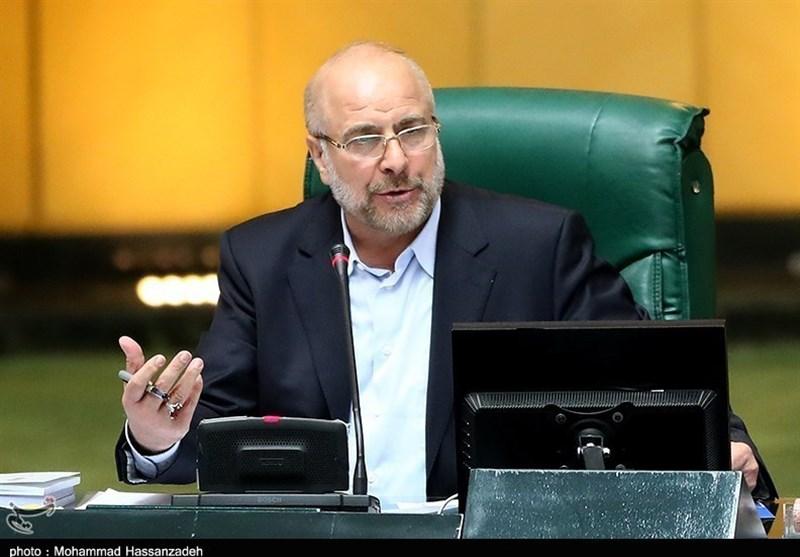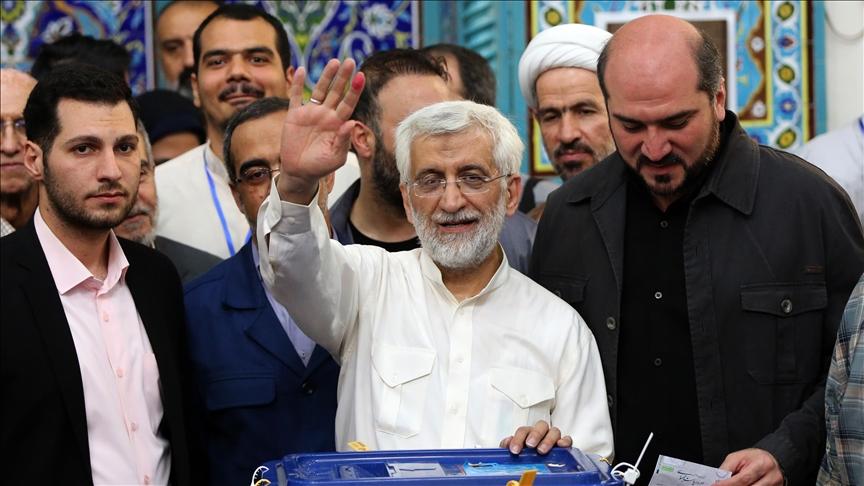Will Massoud Pezeshkian challenge Iran's conservative hardliners? Lull before the storm
Following the critical snap elections in Iran, Massoud Pezeshkian – a moderate lawmaker from Tabriz and cordial surgeon – has been declared the next president, taking over his conservative opponent, Saeed Jalili.
With his victory, Pezeshkian is set to replace the late hardliner President Ebrahim Raisi, who died in a helicopter crash on May 19, 2024. Pezeshkian won 16.3 million votes, according to reports cited by the local authorities, with the election seeing a 49.8% turnout, which is the lowest turnout in the last decade.
Indeed, Massoud Pezeshkian’s election came amid a very complex period for the Islamic Republic following the recent mass riots and violence across the country in 2023. The worsening socio-economic situation, rising inflation, droughts in southern territories, and frequent terror attacks in border areas with Afghanistan boosted domestic discontent against the government, thus questioning the Islamic regime’s legitimacy. In this vein, a low-profile lawmaker, Massoud Pezeshkian's victory, can be seen as an attempt of the Islamic government to signal "readiness for some positive change within the regime". As such, it explains how a local lawmaker could easily take over well-known conservative bureaucrats like Saeed Jalili or Mohammad Baqer Qalibaf.

On the other hand, the long-term rivalry between reformist and conservative camps in Iran no longer applies as internal disputes within the conservative camp, particularly between hardliner Jalili and traditional conservative Qalibaf, divided the camp, giving moderate reformists more space to maneuver. Moreover, the dispute between Jalili and Qalibaf likely prevented the conservative camp from uniting under one candidate, while Pezeshkian did not face severe disputes within the reformist camp. As a result, it emboldened Pezeshkian to loudly voice the necessity of conducting certain socio-economic reforms to ease domestic discontent and burden.
Throughout his career, Pezeshkian has been an advocate of allowing women to choose whether to wear the hijab and ending internet restrictions that require the population to use VPN connections to avoid government censorship. In addition, his earlier criticism of the brutal police crackdown on civilian protesters in 2023 enabled him to gain additional points during the election campaign.
However, given the Islamic Republic’s nature and internal political dynamics, many argue that Pezeshkian’s role in Iranian politics and impact on the country's foreign policy will be limited. Under the Iranian constitution, the president's role is more symbolic as Supreme Leader Ayatollah Khamenei holds the main power with the right to veto all presidential decrees. As such, during the election campaign, Pezeshkian expressed his loyalty to the Supreme Leader, which triggered more debates regarding the new president's "reformist profile".
Nevertheless, Pezeshkian’s moderate statements compared to anti-Western hardliners raise optimism in Iran as the new president will have to contend with whoever takes the White House in November. This raises the stakes for both Tehran and Washington, as well as the Middle East writ large, as Iran comes closer than ever to nuclear weapon production capability and continues to back proxy groups fighting Israel.

Paradoxically, Pezeshkian’s victory in the election may lead Tehran to re-launch informal diplomacy with the new administration in Washington to reach a consensus on several issues that may somehow ease imposed economic sanctions. Simply put, despite his limited power, Massoud Pezeshkian could lead to shifts in the priorities, tone, and tactics of Iran's domestic and foreign policies, even though he is not able to radically change the long-term status quo. As a top priority, Massoud Pezeshkian and his team will likely focus on the dire socio-economic situation to address the concerns of many citizens and the rights of ethnic minorities in light of occasional clashes and demonstrations in Iranian Kurdistan and Baluchistan.
The first challenge for Pezeshkian may be forming a new cabinet that can ensure the implementation of his political agenda, which will need approval by a conservative-dominated parliament.
For example, the new president will likely propose Abbas Aragchi as a new foreign minister, who is a well-known figure due to his role in nuclear negotiations with the West. Aragchi’s potential appointment would be another signal of Iran’s attempts to normalize ties with the West and ease confrontation, thus prolonging the Islamic Republic’s survival efforts.








